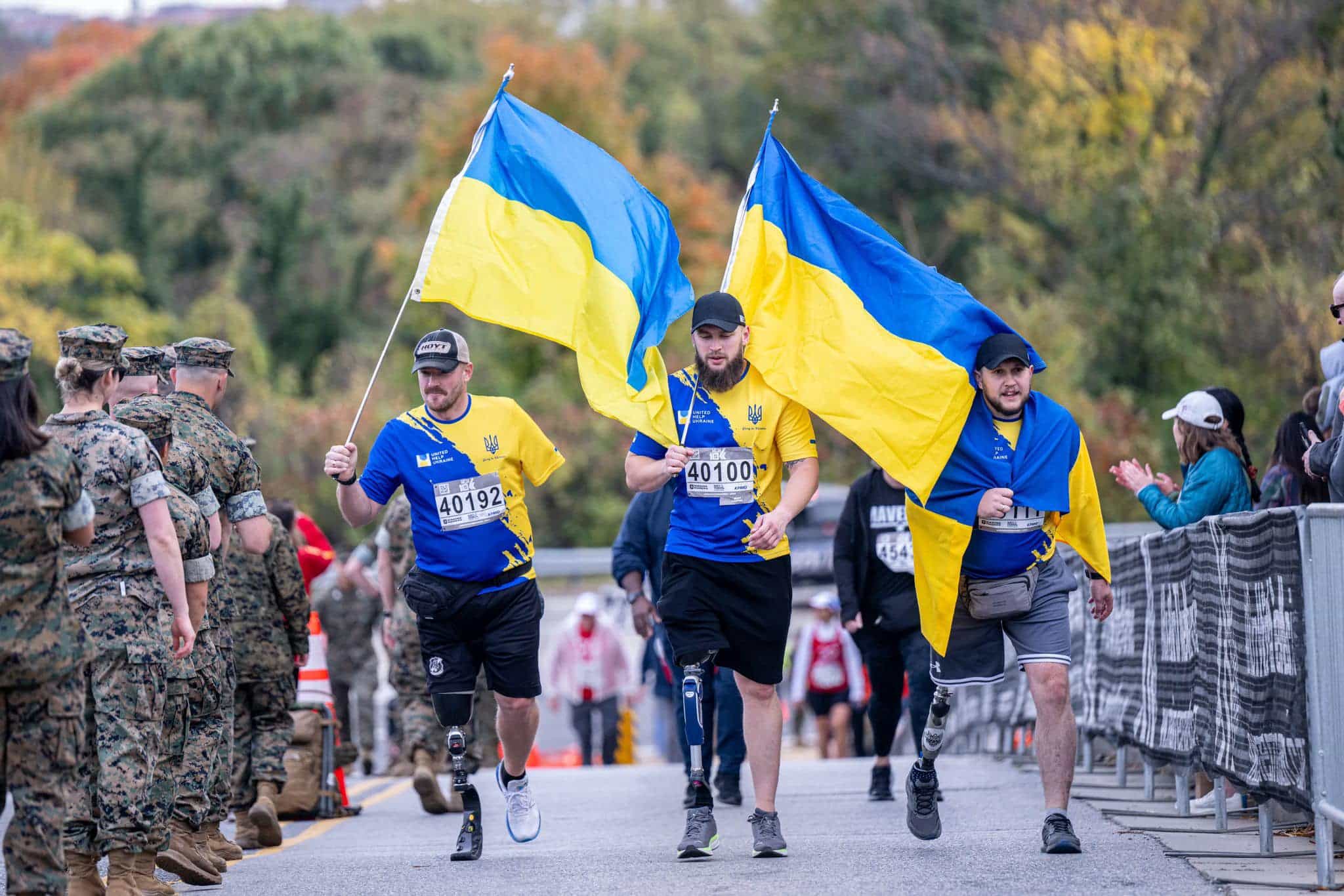
ICTM UHU Tacmed Courses deliver vital tactical medical training for professionals in high-risk environments. Blending expert instruction with immersive simulations, participants learn critical skills like trauma care, threat assessment, and team coordination. Endorsed by leading medical organizations, these courses equip paramedics, law enforcement, and military personnel to provide life-saving interventions in challenging situations. Focused on civilian tactical law enforcement, the training ensures readiness for real-world emergencies.
ICTM’s First Aid and Emergency Medical Training Instructors are professionals who specialize in delivering essential life-saving skills. They’re trained to provide instruction in a range of emergency medical procedures, from basic first aid to more advanced techniques. These instructors possess a deep understanding of medical protocols and are skilled in conveying complex information in a clear, practical manner. They often hold certifications from recognized organizations, ensuring their expertise meets industry standards. Their goal is to empower individuals with the knowledge and confidence to respond effectively in critical situations.

UHU Emergency Medical Training faces a dynamic future with expanding prospects and significant challenges. Prospects include increased demand for specialized trauma care, advanced simulation training, and integration of telemedicine. Growth in remote healthcare and disaster preparedness also offers opportunities. However, challenges persist: maintaining instructor expertise amidst evolving medical protocols, ensuring accessibility for diverse learners, and securing funding for cutting-edge technology. Adapting to digital learning, addressing ethical considerations in data-driven training, and navigating regulatory changes are also crucial for sustainable growth.
The next steps and futher courses extention
NAEMT stands for the National Association of Emergency Medical Technicians. For emergency medical trainees, NAEMT is a very significant organization. Here’s what it means.
NAEMT plays a key role in setting educational standards and developing training programs for EMS professionals.
They offer courses like Tactical Emergency Casualty Care (TECC) and Prehospital Trauma Life Support (PHTLS), which are highly regarded in the EMS field.
These courses provide evidence-based, up-to-date knowledge and skills for managing trauma and other medical emergencies.
NAEMT advocates for the interests of EMS professionals on a national level.
They work to improve working conditions, patient care, and professional recognition for EMS providers.
NAEMT offers resources and opportunities for continuing education and professional development, helping trainees and experienced providers stay current with best practices.
NAEMT certifications and course completions are widely recognized and respected in the EMS community.
Having NAEMT training on a resume can enhance a trainee’s credibility and job prospects.
NAEMT provides opportunities for trainees to network with other EMS professionals, fostering connections and collaboration.
NAEMT certification through ICTM’s TacMed School, supported by United Help Ukraine, offers crucial, standardized training for emergency responders. This partnership equips individuals with life-saving skills, vital in high-risk scenarios. NAEMT’s recognized credentials ensure professionals are prepared, bolstering their expertise and credibility. This initiative addresses urgent needs, providing quality tactical medical education to those serving in challenging environments.
NAEMT courses are real-world emergency med. Think trauma care, tactical response. They prep you for the rough stuff, you know? Get you certified, ready to roll.
First aid course durations in Ukraine can vary. Based on the search results, there are courses that range from a few hours to multi-day courses. There are examples of courses lasting from 4 hours to 8 hours. The Ukrainian Red Cross also provides first aid training that includes various lengths of courses. In the USA, first aid course lengths also vary. Basic first aid and CPR courses can often be completed in a few hours. Advanced first aid courses can last upwards of 17 hours.
Ukraine urgently needs trauma-focused first aid kits: tourniquets, hemostatic agents, and chest seals. Kits for mass casualties and tactical situations are vital. Distribution to frontline areas and civilian populations is crucial. First aid training accompanies supply needs, given medical shortages.
Tactical medicine and emergent first aid differ primarily in context and focus. Emergent first aid addresses immediate, general injuries in civilian settings. Tactical medicine operates in high-threat environments, prioritizing rapid trauma care under hostile conditions. It emphasizes immediate life-saving interventions, often with limited resources and while considering ongoing threats.
 Emergency Medical Training Certification NAEMT for Tacmed Centre
Emergency Medical Training Certification NAEMT for Tacmed Centre
